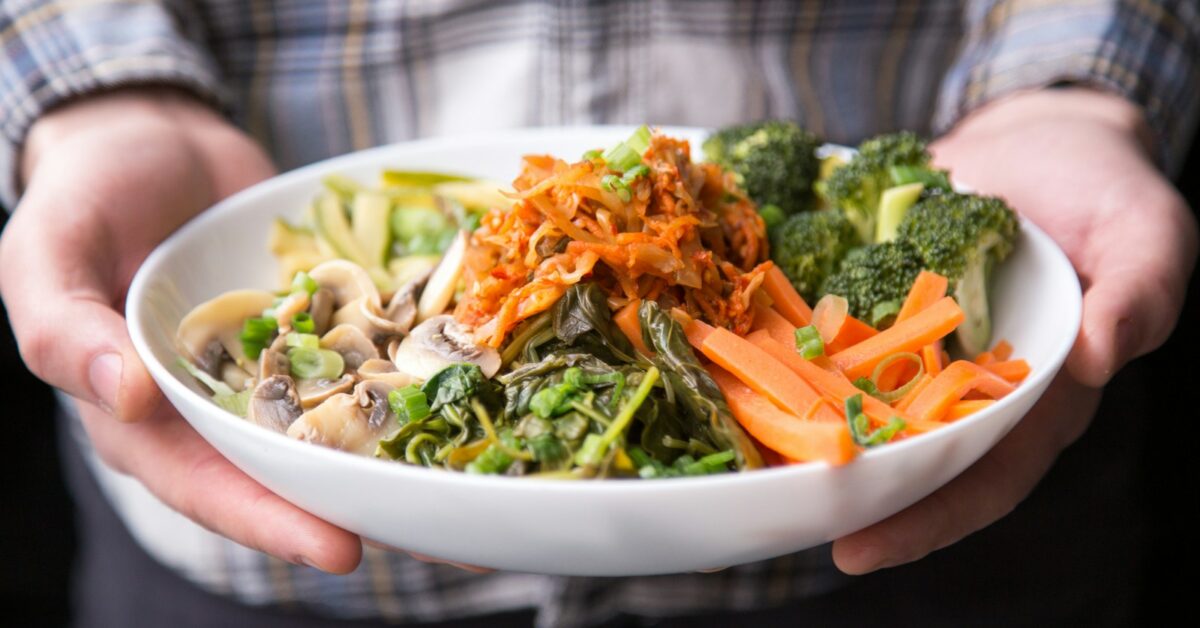Vegetarian Painkillers: A Natural Approach to Pain Relief
When it comes to managing pain, many individuals turn to painkillers for relief. However, for those following a vegetarian lifestyle, finding painkillers that align with their dietary choices can be a challenge. Fortunately, there are several vegetarian painkillers available that provide effective relief without compromising one’s commitment to a plant-based diet. In this article, we will explore some of these natural alternatives and their benefits.
1. Turmeric
Turmeric, a vibrant yellow spice commonly used in Indian cuisine, has been used for centuries as a natural painkiller. Its active compound, curcumin, possesses anti-inflammatory properties that can help alleviate pain caused by conditions such as arthritis and muscle soreness. Studies have shown that curcumin can be as effective as non-steroidal anti-inflammatory drugs (NSAIDs) in reducing pain and inflammation.
- Curcumin can inhibit the production of inflammatory enzymes, reducing pain and swelling.
- It can also boost the body’s natural antioxidant defenses, promoting overall health and well-being.
- Adding turmeric to your diet or taking curcumin supplements can provide pain relief without the side effects associated with traditional painkillers.
2. Willow Bark
Willow bark, derived from the bark of the willow tree, has been used for centuries as a natural remedy for pain and inflammation. It contains a compound called salicin, which is similar to the active ingredient in aspirin. Willow bark has been found to be effective in relieving pain associated with conditions such as headaches, backaches, and osteoarthritis.
- Salicin in willow bark is converted to salicylic acid in the body, which has analgesic and anti-inflammatory effects.
- Willow bark is available in various forms, including teas, capsules, and extracts.
- It is important to note that individuals with aspirin allergies or certain medical conditions should consult a healthcare professional before using willow bark.
3. Devil’s Claw
Devil’s claw, a plant native to southern Africa, has been used for centuries in traditional medicine to treat various ailments, including pain and inflammation. The plant’s tuberous roots contain active compounds called harpagosides, which have been found to possess analgesic and anti-inflammatory properties.
- Devil’s claw has been shown to be effective in reducing pain associated with conditions such as arthritis, back pain, and muscle soreness.
- It can be taken in the form of capsules, tablets, or extracts.
- Individuals with gallstones, stomach ulcers, or certain medical conditions should exercise caution and consult a healthcare professional before using devil’s claw.
4. Ginger
Ginger, a popular spice known for its distinct flavor, also offers pain-relieving properties. It contains compounds called gingerols, which have been found to have anti-inflammatory and analgesic effects. Ginger can be used to alleviate pain caused by conditions such as arthritis, menstrual cramps, and migraines.
- Ginger can inhibit the production of inflammatory chemicals, reducing pain and swelling.
- It can be consumed in various forms, including fresh ginger, ginger tea, or ginger supplements.
- Some studies have shown that ginger can be as effective as NSAIDs in relieving pain and improving mobility in individuals with osteoarthritis.
5. Capsaicin
Capsaicin, the compound responsible for the spicy sensation in chili peppers, can also provide pain relief. When applied topically, capsaicin can desensitize nerve receptors, reducing the transmission of pain signals to the brain. It is commonly used to alleviate pain associated with conditions such as arthritis, neuropathy, and post-surgical pain.
- Topical capsaicin creams or patches can be applied directly to the affected area for localized pain relief.
- Regular use of capsaicin can lead to a decrease in pain sensitivity over time.
- It is important to follow the instructions and avoid applying capsaicin to broken or irritated skin.
By incorporating these vegetarian painkillers into their daily routine, individuals can manage pain effectively while staying true to their vegetarian lifestyle. However, it is always advisable to consult a healthcare professional before starting any new pain management regimen, especially if you have underlying medical conditions or are taking other medications.
